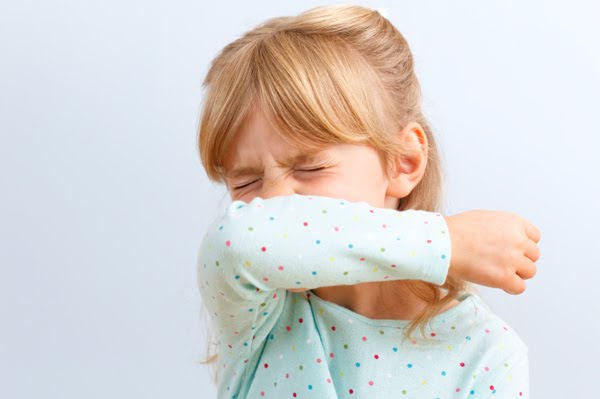For Patients
Treatment of Allergies
What is an allergy?
An allergy is an overreaction of the body's immune system to an ordinarily harmless substance. Immunoglobuline E (IgE) antibodies play a major role in allergy. When a substance (or allergen) is perceived as threatening, the body's immune system produces allergen-specific IgE antibodies for protection. From then on, whenever the allergen is detected in the body, the IgE antibodies respond by activating the immune system's mast cells. The mast cells release histamine and other inflammatory mediators, and the allergic cascade begins.


What is immunotherapy?
Allergen immunotherapy, often referred to as desensitisation, is considered the closest thing to a "cure" for allergy. Immunotherapy can be administered via vaccines, tablets, sprays or drops. Treatment generally involves the regular administration of gradually increasing doses of allergen extracts over a period of time. Over time, the body develops immunity and the allergens can be tolerated with few or no symptoms.
Immunotherapy is the only treatment available that targets the cause of allergy rather than just the symptoms. Immunotherapy "switches off" the allergy, by changing the way the immune system reacts to offending allergens. Immunotherapy:
- may reduce the production of the allergen-specific IgE antibodies which initiate allergic reactions
- moderates the production of inflammatory mediators (such as histamine) which cause allergic symptoms
- stimulates the production of blocking antibodies (antibodies which block the allergen-specific IgE antibodies from initiating allergic reactions)
Who can benefit from immunotherapy?
Immunotherapy is appropriate for individuals suffering from IgE-mediated allergic diseases such as allergic rhinitis, asthma and conjunctivitis, and stinging insect allergy. It is most commonly recommended when:
- and individual's symptoms are severe
- the offending allergens are difficult to avoid
- medications are ineffective in providing symptom relief
- medications cause adverse side effects
- the individual prefers to avoid medications
How is immunotherapy administered?
Immunotherapy can be administered sublingually (under the tongue) or via subcutaneous injection.
Sublingual immunotherapy can be self-administered at home. It involves putting a liquid or tablet form of the allergen extract under the tongue and keeping it there for 2 minutes before swallowing.
Upon beginning treatment, some patients experience side-effects such as irritation, itchiness or minor swelling inside the mouth, and stomach upset. These side-effects can be easily controlled with anti-histamine medications, and should resolve after the first few weeks of treatment.
Advantages of the sublingual approach to immunotherapy include no injections, fewer doctor visits, home dosing after the first treatment and very low incidence of serious reactions.
Subcutaneous immunotherapy involves having a series of injections. To begin with, the injections are performed weekly and the dose of allergen extract is increased gradually with each injection. Upon reaching the maintenance dose, injections are performed less frequently, on a monthly basis.
How quickly do symptoms improve with immunotherapy?
Immunotherapy is not a quick fix treatment for allergy, and symptom relief does not occur immediately. Usually it will take between 6-9 months for patients to notice an improvement in their symptoms. To achieve the most effective relief from allergy symptoms and best reduce the likelihood symptoms will return, it is recommended immunotherapy is continued for a period of 3-5 years without interruption. This is the same for both sublingual and subcutaneous approaches.


What are the benefits of immunotherapy?
Immunotherapy is a very effective treatment which alters the immune response to "switch off" allergies. Immunotherapy benefits allergy sufferes by:
- reducing the severity of allergic symptoms
- reducing the need for medication
- improving quality of life
- reducing the onset of new allergic sensitivities (particularly in children)
- preventing the progression of disease from allergic rhinitis to asthma
